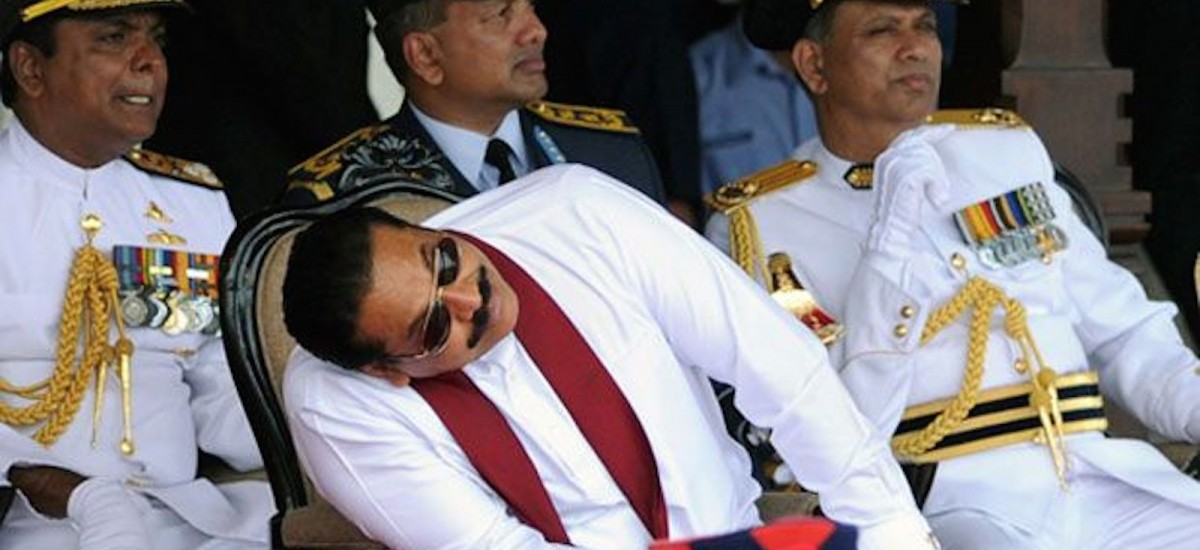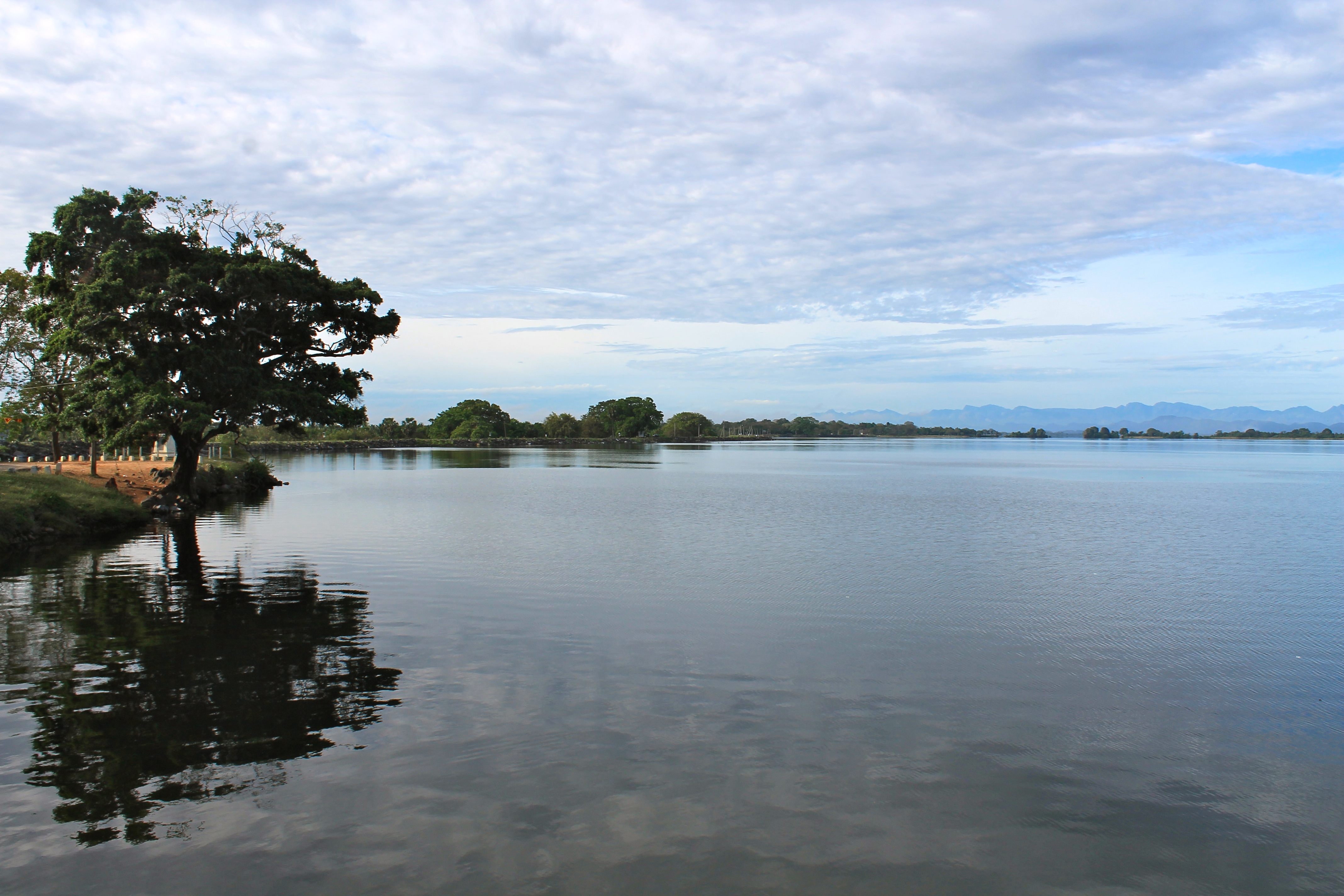Image courtesy Tehelka
Five years ago the demise of Velupilai Prabhakaran was a fast-spreading secret-on-the-block several days before it was made official and the war was pronounced to have ended. One felt a sense of relief yet mixed with apprehension. Finally terrorism was ended by Mahinda Rajapakse. Will he be statesman enough to take the next step and bring forth a political solution to usher in peace to this nation tortured by war for thirty years? Or will he prove to be a mere politician trapped in the limitations of his own identities of family, locality, race and religion?
Irrespective of left or right-of-centre, in Sri Lankan politics, racism was always political. The National Language Act of SWRD Bandaraneike and the subsequent oppositions to the Bandaraneike-Chelvanayagam and the Senanayake-Chelvanayagam Pacts are examples of this. The opposition to the devolution of powers to the north and east in more recent times is another example. So too is the failure to even propose a political solution five years after the vanquishing of the terrorism of the Tigers.
On the other hand, will a political package that is acceptable to the Tamil speaking people of the north and the east be acceptable to the Sinhalese of the south? So far anything less than that too ( i.e. the 13th Amendment as it presently stands) is not tolerated in the south. After the victory over the Tigers, the political parties of the south will certainly not be willing to concede to any special rights, powers or privileges to the north and east. Today the main campaigner for the political demands of the Tamil people is the Tamil National Alliance (TNA). Though a terrorist organization to the world, to the TNA the LTTE was a political entity it strongly allied itself with. The TNA of course has the right to align itself with any political organization of its choice. However, it is unfortunate that it did so with the LTTE at a time when the LTTE’s targets for attack in the south were unarmed civilians. The list of such targets from Annuradhapura and Aranthalawa to Pettah, Fort, Maradana and Dehiwala, etc is inexhaustible. Therefore when the Sri Lankan Army defeated the LTTE in battle, in the eyes of the southern political parties it defeated not just a plague of a terrorist organization but the political aspirations/demands of the Tamil people as well.
Thus, five years after ending the war one sees not the working out of a political settlement but large scale infrastructure development in the north and east. True, that development activity did not bring in the votes for the southern based political parties or their allies in the Provincial Council election held recently in the north and east. The political struggles of the Tamil people were not about infrastructure development but political and democratic rights. None of these questions seem to be even on the agenda.
The enormous task to win over the minds of the southern political parties on the need to address these issues has not even commenced. Such is not in the discourse of the people either. How will the next five years be?
Democracy is a fine method of governance; developed in ancient Greece and greatly modified and adapted to the modern times. But how well can a modern democracy handle an ethnic question of this nature while avoiding the pitfall of majoritarianism? This is where statesmanship is called for and we find it sadly and seriously lacking in Sri Lanka presently.
The South too has suffered from the ‘victor-takes all’ syndrome. The heavy reliance on the military services to police society and democratic political activity of the people has lead to incidents like that which took place at Rathupaswala. Nepotism and corruption within and outside politics is the norm of the day. Although the executive President and Parliament rules the country according to the constitution, in actuality the Rajapakse Brotherhood, now going into the second generation, rules all. Why? It is so primarily because the opposition is ineffectual. While Wickremasinghe works hard at not-doing, that party’s ‘rebels’ have repeatedly been proven even unable to fight their own battles within the party. Many want the Rajapakses voted out. The Rajapakses too (to grant the devil it’s due) have provided many opportunities for the people to do so. But the people have no choice but. And so it goes.
However, a regime change in Sri Lanka cannot bring about a political solution to the north and east either by just being voted in. One does not detect a single paragraph in the UNP’s party literature of recent times that allude to the need for a political solution nor have they made any mention of the devolution of powers and their position on it.
It looks like this generation has nothing more to offer.
Let us hope the next generation, brought up in the north and the east without the insecurities of war and fears of abductions and knowing the taste of democracy in all spheres of life and brought up in the south without the insecurities of war and sudden explosions will get to know each other and create a better country.
Will there be devolution then? I really do not know!
###
This article is part of a larger collection of articles and content commemorating five years after the end of war in Sri Lanka. An introduction to this special edition by the Editor of Groundviews can be read here. This, and all other articles in the special edition, is published under a Creative Commons license that allows for republication with attribution.


